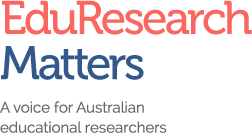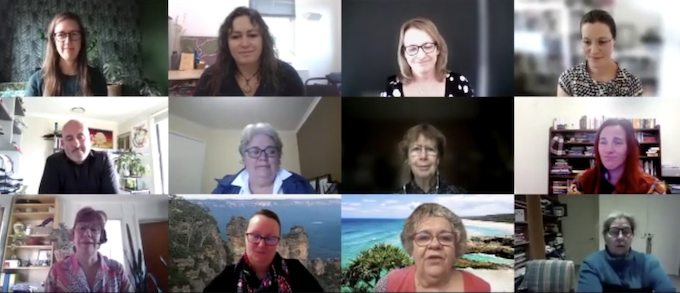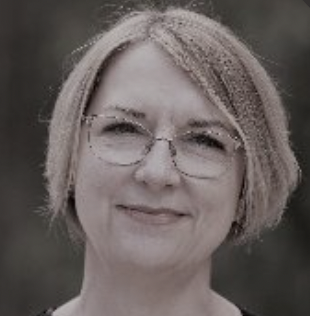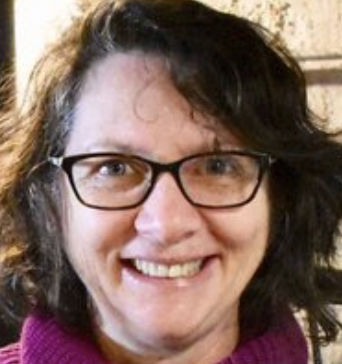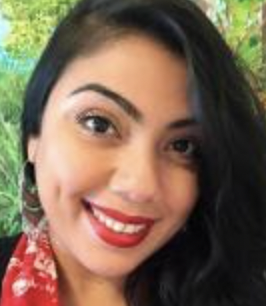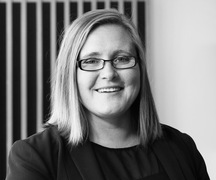AARE Conference Wrap: in the shadow of the virus, AARE2021 shines a light (header image from the Acknowledgement of Country at the start of the conference, screenshot by Nicole Mockler)
How can I capture, in a little over a thousand words, such a spectacular conference?
The beauty of AARE conference is that while nearly a thousand delegates come together for the one conference, we all experience a thousand different conferences. So any conference wrap is necessarily a wrap of one person’s conference, and what I offer here are some vignettes from Pat Norman’s conference: a tiny glimpse of a rich and broad week (and I wish I could have got to more).
There are four key themes that I saw emerge from this conference, and I would like to (very) briefly address each of them: identity, community, disruption and hope.
Identity
The question of our identities as teachers and researchers was a recurring motif in many sessions.
The Educational Administration and Leadership SIG held a most civil symposium canvassing the identity of the ‘Pracademic’. Scott Eacott argued that we must be careful to avoid hierarchies that reify one construction of knowledge over others, and Deb Netolicky countered that pracademia is a useful way to conceptualise identity:
“It can create possibilities for reimagining who we work with and how, building connections, strengthening networks, reimagining boundaries. The space matters more than the noun that describes the individual.”
In that same session, as she grappled with her own identity as a researcher and a Steiner CEO, Virginia Moller said that the value of knowledge claims isn’t where they originate, but whether they make sense of the world. Well that sounded just beautiful to me!
Kristina Turner highlighted the way personal experience, lifelong learning, and a heightened sense of accountability animates both social entrepreneurs and teachers – and I’d venture similar drives can be found amongst the attendees at AARE as well!
Community
I think a sense of community also animated attendees at the conference.
How is it possible to create such a sense of community online? I felt like we were actually there together, in the flesh. Perhaps it’s because our community was so clearly excited to see each other, to work together after so long apart. Perhaps it’s because of the brilliant coordination of Amanda Heffernan and Stewart Riddle – thank you both for your incredible dedication!
We saw beautiful collaborations between supervisors and students, academic partners and practitioners, and between friends made through scholarship.
Catriona Mach described her duoethnography with Julie Choi, Nicole Mockler presented her vast corpus analysis of media representations of teachers alongside her honours student Elizabeth Redpath who extended that analysis through the pandemic.
Jessica Gerrard and Helen Proctor invited us not to think of participatory politics as automatically including a progressive impulse: it is possible for conservative forms of participatory politics to exist, and that democratic citizenship is something that must be worked for.
Jen Clutterbuck and Rafaan Daliri-Ngametua synthesised their PhD data to introduce the concept of ‘zombie data’: excessive, purposeless, and redundant data that we are forced to collect. What a notion! Zombie data spent the next four days roaming the digital conference floor (and so enamoured was I with the notion that I had to add it to my slides).
Perhaps the most wonderful expression of community I saw was the support that scholars like Jess Holloway wrapped around a generation of amazing PhD candidates. What a privilege to hear about the exciting research of Rafaan, Stephanie Wescott, Sarah Langman, Tanjin Ashraf, Madeline Good, Sarah McManus, Pashew Nuri, Sarah Gurr, and so many more. I can’t wait to read more of their work!
Disruption
Many of those researchers just mentioned spoke in a panel about disruption,andhow could we not discuss disruption with the very large COVID elephant in the room (though Bob Lingard literally used an image of an elephant as a metaphor for structural inequality in schools).
Disruption takes many forms. Meghan Stacey apologised for the neighbours drilling through concrete while she and Mihalja Gavin unpicked the disruption of Local Schools, Local Decisions.
Babak Dadvand noted that his neighbour liked to start their whipper snipper every time he had to meet someone on Zoom. Fortunately, his neighbour allowed us peace while we learned about the paradoxes and complexities principals face negotiating equity and excellence.
In his Neil Cranston Lecture, Scott Eacott explained that productive disruptions often come from looking outside of our fields, rather than being inward looking and insular. He explained:
“Society does not have education, society is educative.”
We learn from society, it teaches us, it pushes us to new things, and as Scott reminded us, “education is embedded and embodying of its context.” And those contexts are subject to power and negotiation: policy moments crafted in mobile relations beautifully theorised in a symposium featuring Kal Gulson, Steven Lewis, Glenn Savage, Jessica Gerrard, and Radhika Gorur.
Perhaps another reason disruption was so core to the conference, pandemic notwithstanding, is because research and education are inherently disruptive enterprises. As Jessica Gerrard said:
“The logic of our discipline is a projection of something, a transformative moment, a something in the future that is coming…”
Hope
The notion of the future that we are bringing to life sits nicely with this final theme, and the theme that I think captures the whole of the conference: hope, and the transformative power of research.
Recounting her experiences as a classroom teacher, Catriona Mach explained:
“My affect has become consumed and exhausted by unhelpful practices of neoliberalism, but there is hope and helpful practices associated with research knowledge and mentor/mentee relationships”
Those relationships extended right through the conference. Scott Eacott, recently promoted to full Professor, observed that soon there will be a generation of professors in the field of Educational Administration and Leadership research who will have studied under scholars who also completed their PhDs in Australia. What does that say, he asked, for the future of Australian research? Good things, I think, if this conference is our litmus.
In his Radford Address, Martin Nakata showed us that change is possible: that we can support and build the capabilities of Indigenous students if we really are committed to it. Showing us the work being done at James Cook University, Nakata has seen the gap close on the pass/fail rate, and now his sights are set on the front-end gap: Indigenous learners in school who want to go to university.
The conference was book-ended by two incredible keynotes: Nikki Moodie’s opening plenary and Raewyn Connell’s closing. Moodie challenged us with the question: “what does it mean to have a purposeful life? A purposeful Indigenous life?” In her stirring imagining of self-determination, Moodie explained:
“Reimagining education research isn’t just about creating space for Indigenous knowledge, but also asking what Indigenous empowerment of Indigenous lives means.”
Nikki’s keynote reminds me that the acts of teaching and of research are identity-forming ones, at the same time as they are socially transformative. That goes for us as individuals, and for the individuals with whom we work and for whom we care: how do we come to exist in the world, and what does that world look like? Research is also an act of reimagining because it prompts us to ask what should that world look like? Or, to put the problematic in Connell’s words:
“Whose past do we look back to, and which of the possible futures do we look towards?”
Connell ended her keynote with that famous invocation: “Another world is possible”.
Back in April, 2020, Arundhati Roy speculated that the pandemic might be a portal, and we can walk through it without the baggage and prejudices of the past. I doubt I’m alone in wondering whether the transformative potential of COVID-19 has been lost. However, it did show us that another way of living is possible – for better or worse – and it showed us how valued and valuable teachers and researchers are.
In the shadow of the pandemic, whenever it may end, this year’s AARE conference has been a bright reminder of the power of reimagining, the hopefulness that comes with research, and the goodness of community when we come together. That is a portal that is open to us every day, and every day we take our steps towards another world.
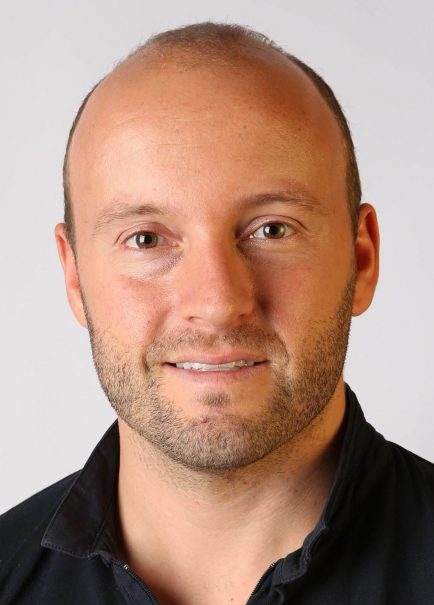
Dr Pat Norman is a researcher, teacher and liaison librarian at the University of Sydney. His doctoral thesis explored teacher professional identity, professional ethics, and policy enactment in the context of neoliberalism. He is interested in the politics and sociology of education, social theory, and is obsessed with science fiction. He tweets at @pat_norman

